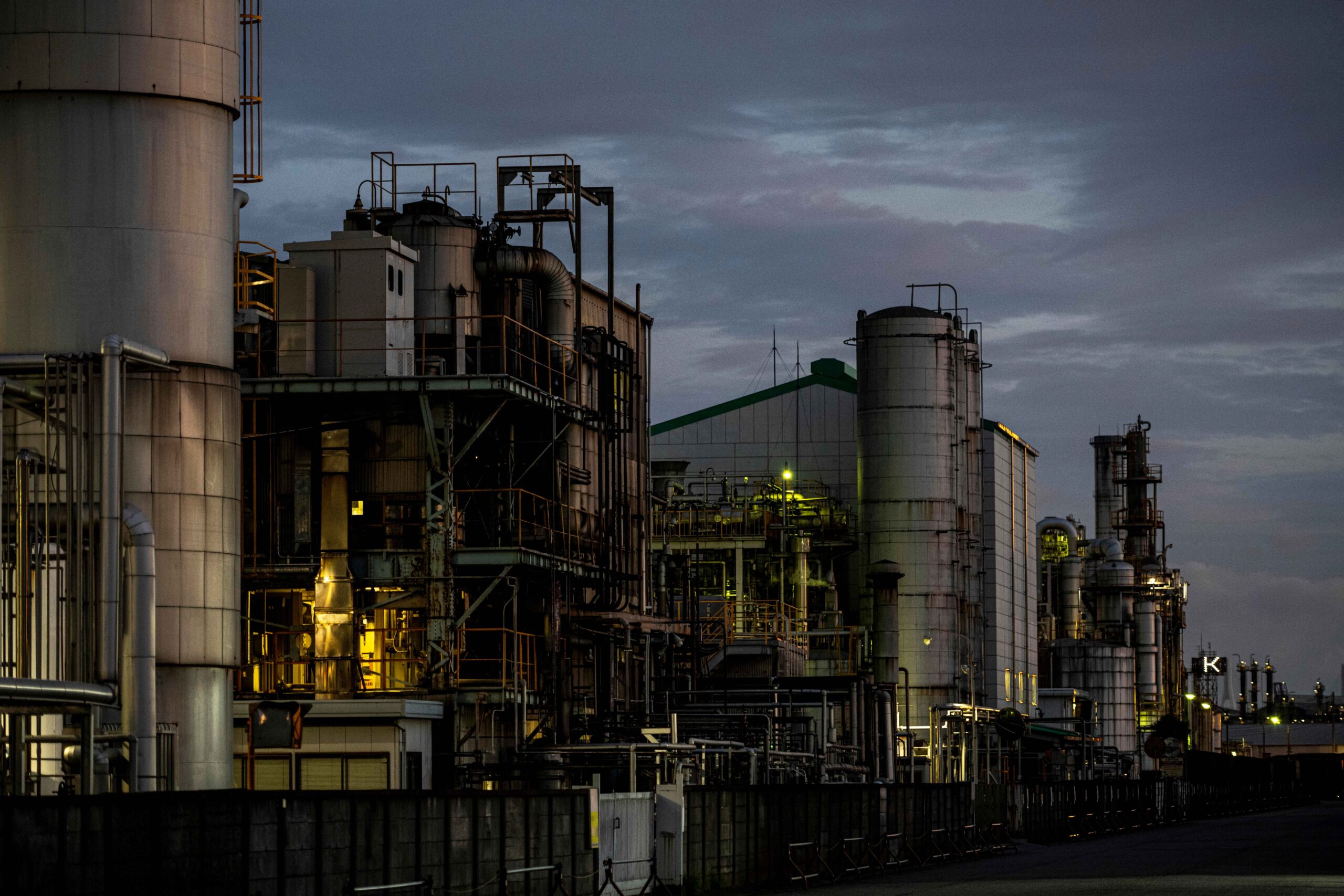Navigating the Global Petrochemical Market: Trends, Insights, and Strategies
The global petrochemical market is a dynamic and vital sector that plays a significant role in various industries, including manufacturing, energy, and consumer goods. As the demand for petrochemical products continues to grow, navigating this market becomes more complex. This article explores the latest trends, key insights, and strategies for success in the trading and investment of petrochemicals.
Key Trends Shaping the Petrochemical Market
- Global Supply Chain Disruptions
Ongoing disruptions, from geopolitical tensions to supply chain interruptions, are influencing the global flow of petrochemicals. The COVID-19 pandemic highlighted vulnerabilities, while trade tensions and natural disasters have further complicated matters. Traders must stay informed on market shifts to avoid risks and capitalize on new opportunities. - Increased Demand in Emerging Markets
Developing regions, particularly in Asia-Pacific and the Middle East, are driving demand for petrochemicals. Growth in industrialization, construction, automotive, and electronics sectors are major contributors. As a result, trading in these regions is becoming more competitive and requires keen market insight. - Environmental Concerns and Sustainability
Growing pressure for sustainable practices has led to the rise of green chemicals and eco-friendly production methods. Regulatory changes, including carbon pricing and emission reduction policies, are pushing petrochemical producers to adapt. Traders should monitor these developments as they influence production costs and demand. - Technological Innovation
Advances in petrochemical manufacturing technologies, such as AI and automation, are changing production efficiency and cost structures. Digitalization is also enabling better data analytics, which aids traders in forecasting market trends and optimizing trading strategies.
Market Insights for Petrochemical Traders
- Supply-Demand Dynamics
Understanding the balance of supply and demand is crucial for any petrochemical trader. Factors such as production outages, capacity expansions, and shifting consumption patterns all impact prices. Traders should keep track of the global production capacity, consumption rates, and major players in key regions. - Price Volatility
Petrochemical prices can be highly volatile, driven by fluctuations in oil prices, feedstock costs, and market speculation. Effective risk management strategies, including hedging and market diversification, are essential to mitigate potential losses during volatile periods. - Geopolitical Risks
Geopolitical factors, such as trade disputes, sanctions, and political instability, can disrupt petrochemical trade routes and affect global pricing. Traders need to be prepared for uncertainty and monitor political developments closely, especially in key producing regions like the Middle East and Russia. - Global Trade Agreements
Free trade agreements and regional trade pacts can impact petrochemical flows. Traders must stay updated on changing trade policies, tariffs, and regional agreements that may create new opportunities or pose barriers in certain markets.
Strategies for Success in Petrochemical Trading
- Diversify Risk
With volatility a key feature of the petrochemical market, traders should diversify their portfolios to reduce reliance on any single product or region. This approach helps spread risks across various assets and reduces the impact of sudden market shifts. - Leverage Data Analytics
Incorporating advanced data analytics tools can significantly enhance decision-making. From monitoring price trends to tracking demand cycles, traders can use data to identify market signals early and adjust strategies accordingly. - Focus on Long-Term Relationships
Building strong relationships with suppliers, buyers, and other stakeholders is essential in the petrochemical industry. Long-term partnerships can provide stability and enable better forecasting and pricing negotiations. - Invest in Sustainability Initiatives
As the global market moves toward sustainability, traders can benefit from aligning with companies and regions that are ahead of the curve in adopting greener technologies. This trend also opens doors for new trading opportunities in the growing eco-friendly chemicals sector.

